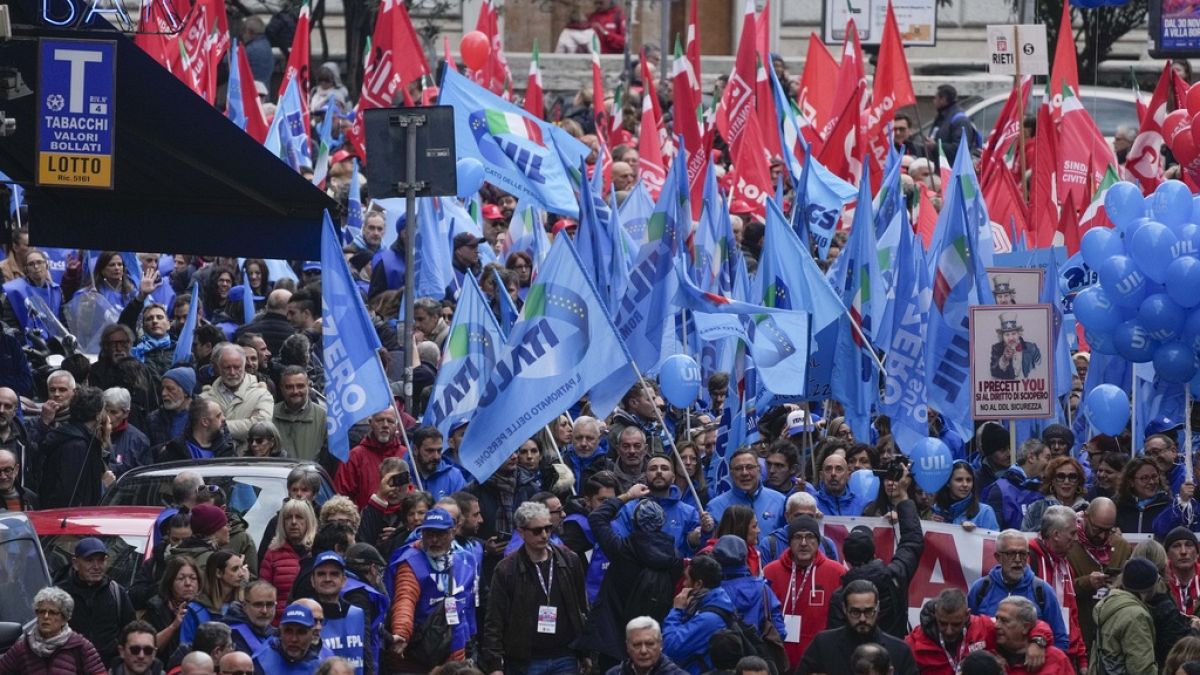The Government plans to prevent New Zealand’s highest earners from being able to make unjustified dismissal claims.
The policy was part of the ACT-National coalition agreement and it will now be introduced to Parliament next year.
A threshold of $180,000 per year would be set. Anyone earning above that would be unable to raise an unjustified dismissal claim if the planned law change comes into effect.
The move “will enable employers to ensure they have the right fit for their high impact leadership and specialist roles”, Workplace Relations and Safety Minister Brooke van Velden said.
“This policy is about offering workers and employers more choice when negotiating contracts. Employers and employees are free to opt back into unjustified dismissal protection if they choose to or negotiate their own dismissal procedures that work for them,” she said.
“Highly paid workers such as senior executives or technical specialists can have a significant impact on organisational performance and culture. Having a poor performing manager or executive can have big flow-on effects for the entire business and increase the risk of poor culture and low morale.
“I know there will be many hardworking Kiwis who have had to work under a manager who might not have been up to the task, and whose leadership might have harmed the morale or productivity of their team.
“This change will provide greater labour market flexibility, enabling businesses to ensure they have the best fit of skills and abilities for their organisation.”
The $180,000 annual income threshold refers to a regular base salary, and excludes benefits.
People earning above the threshold would still be able to raise other types of personal grievances.
“Workers who are wanting to move up the career ladder and be considered for more challenging positions will benefit from this policy,” van Velden said.
“This policy allows employers to give workers a go in these high impact positions, without having to risk a costly and disruptive dismissal process if things don’t work out.
“The income threshold of $180,000 will cover approximately 3.4% of the workforce and aligns with the current top income tax rates. The income threshold will be adjusted annually to match increases in average weekly earnings.”
The change would be progressed through the Employment Relations Amendment Bill, which van Velden aimed to introduce next year.













